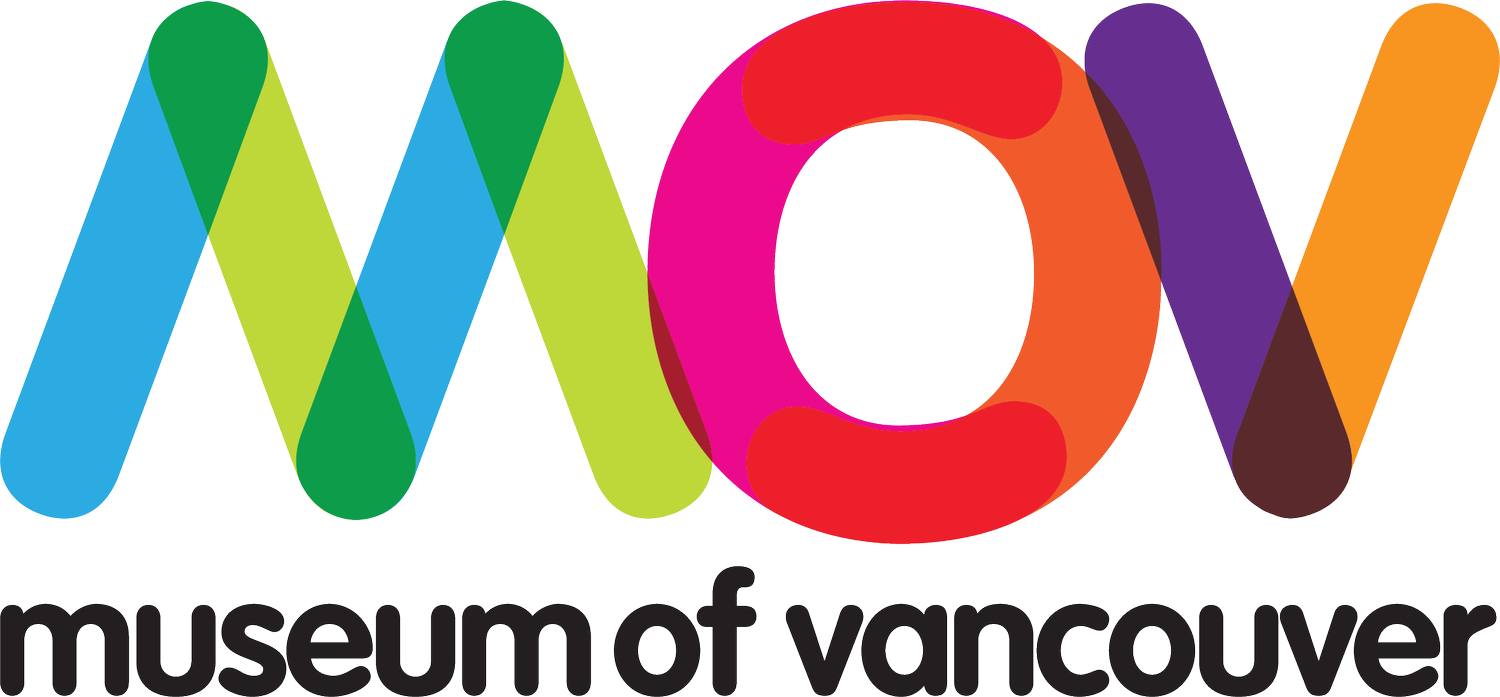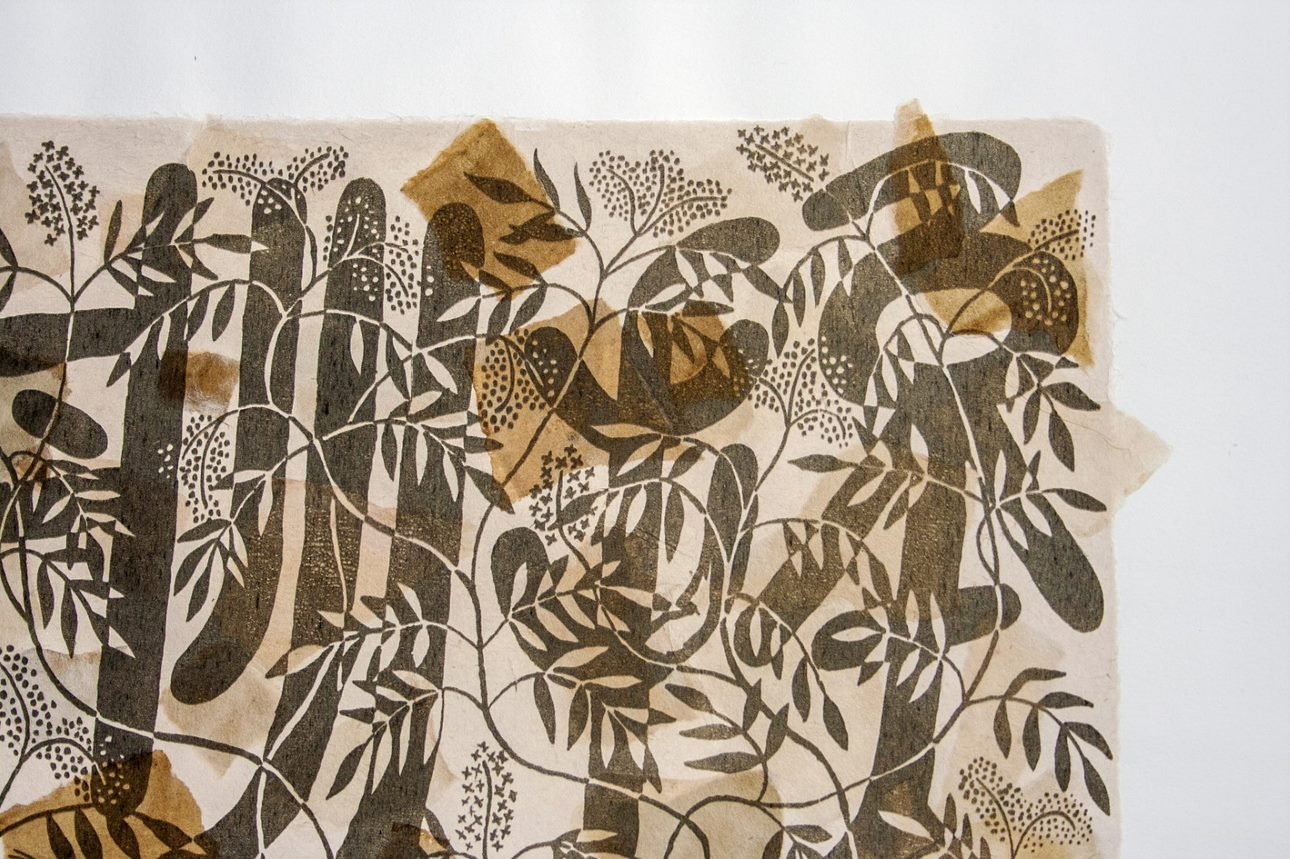Ink Making from Plants – Workshop with Artist Edward Fu-Chen Juan
This workshop requires the use of some tools and sharp objects. Participants must be 16 years or older.
This workshop will focus on the fundamental technique of ink-making from foraged plant material. For this session, attendees are required to bring the following tools:
Apron
pruning tool or scissors
small glass or plastic jars to take home your own plant-based ink.
Attendees are also invited to bring plant specimens such as roses, elderberry leaf, willow stem, wild currant, etc. Or food scrap materials like beet, blueberry, butterfly pea tea, and spinach. Please avoid acidic materials like cedar, pine, yew, coffee, citrus, etc. – but these materials are not required!
We will be working with inks for this workshop and it is likely clothes and shoes may be stained. Please dress appropriately!
Date: Sunday October 2, 2022
Time: 10:00am - 12:00pm
Admission: Free
If you are having trouble using the embedded form above, please try to reserve your ticket directly on Eventbrite here.
Highlight Video
French Caption
Voici quelques temps forts de l’atelier Création d’encre à partir de plantes avec l’artiste Edward Fu-Chen Juan (@edjuandraws) le mois dernier !
Dans le cadre de la programmation culturelle liée à la micro-exposition In Reflection Across the Shore. Les participants ont appris en compagnie d’Ed. Cet atelier était consacré à la technique fondamentale de fabrication d’encre à partir de matériel végétal issu de la cueillette.
WORKSHOP FACILITATOR
Edward Fu-Chen Juan is a contemporary visual artist based in Vancouver, BC, located within the unceded territories of the xʷməθkʷəy̓əm (Musqueam), Sḵwx̱wú7mesh (Squamish), and Sel̓íl̓witulh (Tsleil-Waututh) Nations. He identifies as a queer Taiwanese Canadian with ethnic roots from the Hakka and Plains First Nations people of Taiwan. His art practice is printmaking on paper with water-based ink extracted from plant and insect ingredients. Recently, he has expanded his process to include papermaking with unconventional fibres from culturally significant plants.
Presented with









